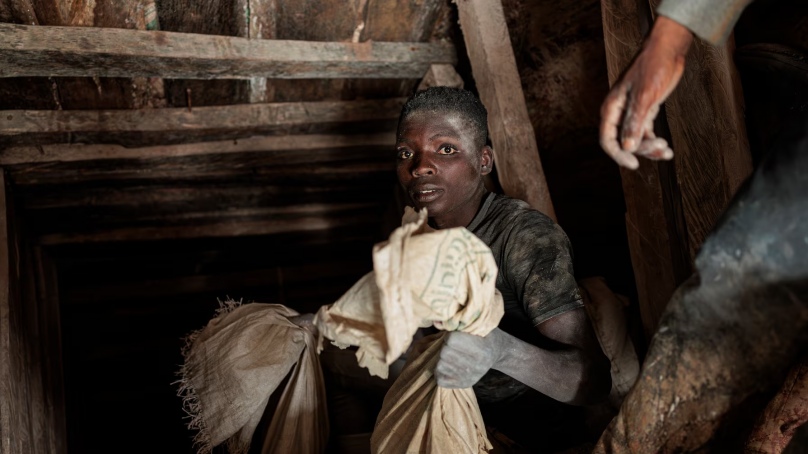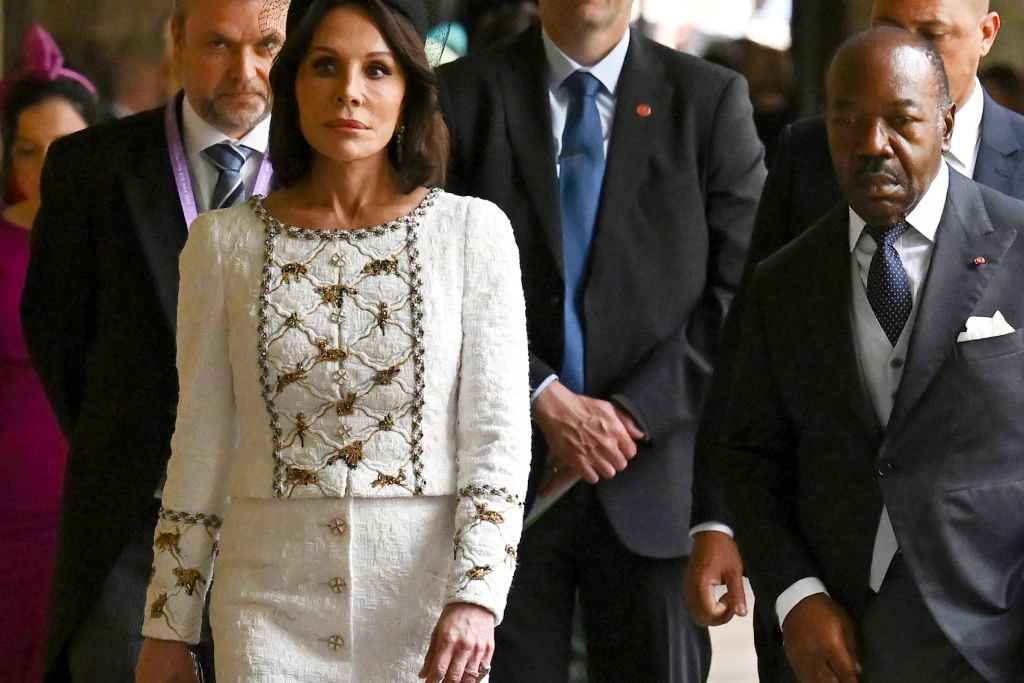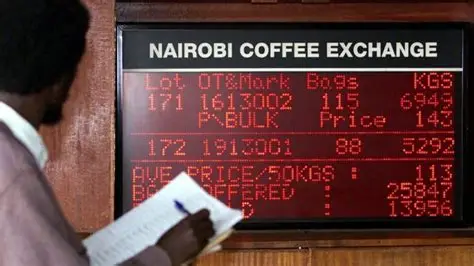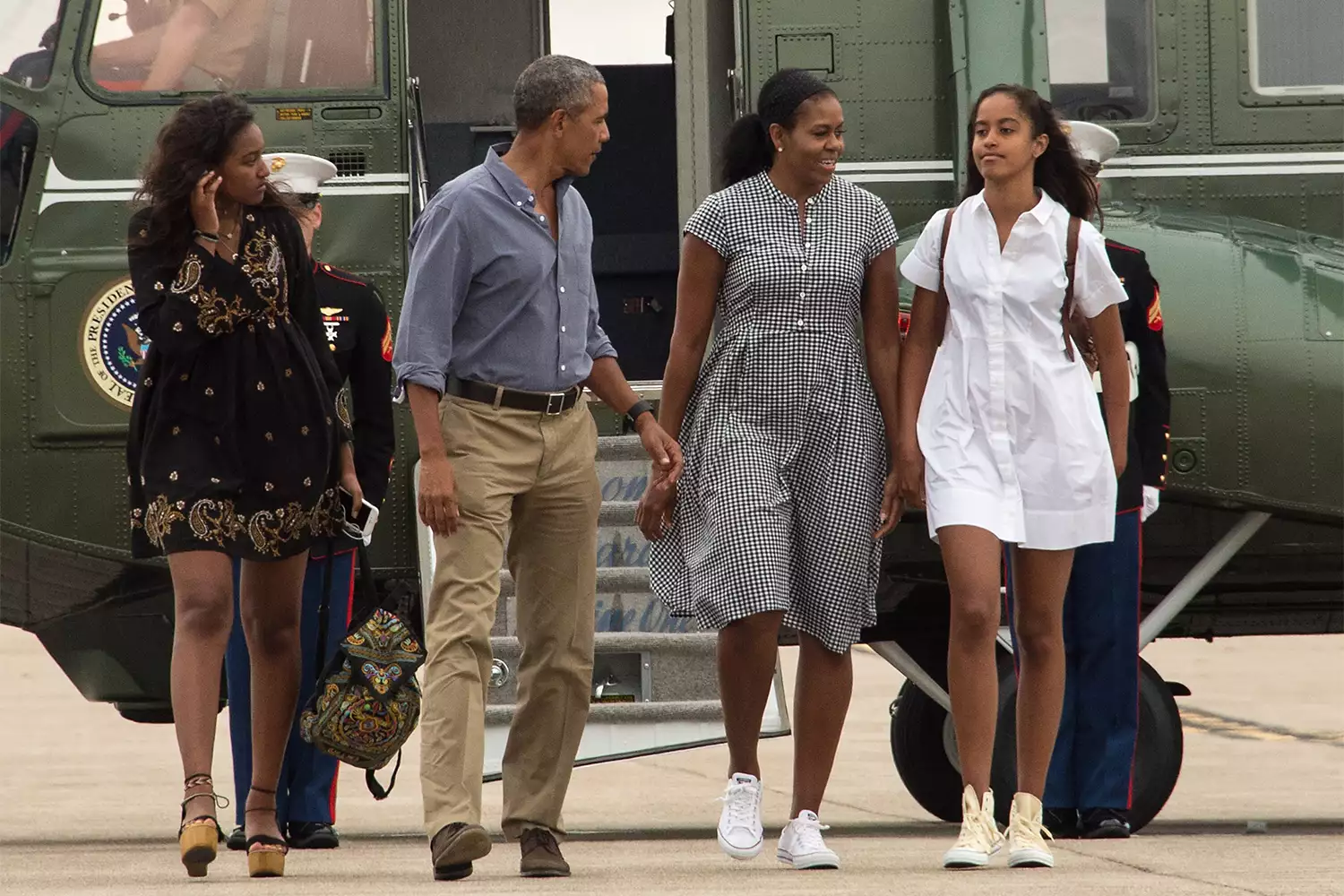
Under the watchful eye of M23 rebels in the hills around the Congolese town of Rubaya, a line of men in rubber boots ferry sacks full of crushed rocks up winding paths cut into the slopes.
The labourers are hauling coltan ore, a mineral that powers the modern world. The ore will be loaded onto motorbikes and eventually shipped thousands of kilometres away to Asia. There it’s processed into tantalum, a heat-resistant metal that fetches more than $300 a kilogramme and is in high demand by makers of mobile phones, computers, aerospace components and gas turbines.
Rubaya produces around 15 per cent of the world’s coltan, all dug manually by impoverished locals who earn a few dollars per day. Control of this mine is the biggest prize in a long-running conflict in this central African nation.
The area was seized in April 2024 by M23, a rebel group the United Nations says has plundered Rubaya’s riches to help fund its insurgency, backed by the government of neighbouring Rwanda. The heavily-armed rebels, whose stated mission is to overthrow the government in Kinshasa and ensure the safety of the Congolese Tutsi minority, captured even more mineral-rich territory in eastern Democratic Republic of the Congo (DRC) this year.
The region and its mineral wealth are in the spotlight as M23 and the DRC signed a peace deal at a ceremony in Qatar’s capital, Doha, this month. The United States is mediating parallel talks between Congo and Rwanda, dangling potentially billions of dollars in investment if hostilities cease.
The United States Treasury on Tuesday sanctioned other alleged participants in minerals smuggling in Congo, including PARECO-FF, a pro-government Congolese militia that the US said controlled the Rubaya mining site from 2022 to early 2024, prior to M23’s takeover.
PARECO-FF could not be reached for comment.
Asked at a press briefing why Washington was targeting PARECO-FF rather than M23, a senior US government official noted that M23 has been under US sanctions since 2013 for fuelling conflict in the region.
“The Treasury Department will not hesitate to take action against groups that deny the United States and our allies access to the critical minerals vital for our national defence,” John K. Hurley, undersecretary of the Treasury for terrorism and financial intelligence, said in a separate statement.
Jason Stearns, a former UN investigator in Congo, said the fact that M23 was not targeted by the new mining-related sanctions was surprising, adding the move might be aimed at keeping the Doha talks on track.
M23’s advance poses the most serious threat to the Kinshasa government in at least two decades of conflict rooted in Rwanda’s 1994 genocide, which saw around one million of Rwanda’s Tutsi ethnic group killed by Hutu militias.
Rwanda’s government has long denied that it traffics in coltan looted from its neighbour or that it backs M23. But Rwanda’s ruling party, mainly headed by Tutsis, shares the same concerns as the Tutsi-dominated M23 insurgents over the purported threat posed by rival Hutu groups operating in eastern Congo. A July 3 UN report, reviewed by Reuters, says that as of April, Rwanda had placed at least 1,000 to 1,500 troops in Congo’s rebel-controlled areas.
M23 now controls two key Congolese cities – Goma and Bukavu – on the border with Rwanda. UN investigators say that it is through these cities that Congolese minerals are illegally trucked to Rwanda, often at night, where the ore is mixed with Rwandan coltan production in a bid to disguise its provenance before export.
M23 and the Rwandan and Congolese governments did not respond to requests for comment. Congolese officials have repeatedly accused Rwanda of fomenting the conflict to plunder Congo’s mineral wealth.
According to a December UN report, the scale of the trade reached new heights after the capture of Rubaya by M23. The rebels went on to establish a parallel administration controlling mining activities, trade, transport and the taxation of the minerals produced there, the UN reported.
Reuters reporters visited Rubaya in March this year and were told by M23 officials that the rebels had imposed a tax on mineral traders of 15 per cent on the value of coltan they purchase from the informal miners who work the area. M23 was taking in $800,000 monthly from levies collected from coltan mining in eastern Congo, according to the December UN report.
Simply reaching Rubaya’s sprawling, beehive-like maze of pits is a major undertaking. Reuter’s journalists who visited the mining sites in March had to abandon their four-wheel-drive Land Cruisers after the vehicles became stuck on the muddy road from Goma. They walked 5 kilometres (3 miles) to reach the town and then hopped on the back of motorcycles with rebel officials to reach the pits.
Activity in Rubaya begins before dawn, when thousands of miners descend on the pits cut into the rolling hills of Congo’s North Kivu province, where many toil in 12-hour shifts.
The tunnels can be as deep as 15 meters (49 feet) underground. Once fragments of ore are dislodged, porters carry sacks of the rubble to the surface where labourers have dug shallow basins that are filled with water. There, other workers, including women and children, wash the ore and separate it from sand and other debris before laying it into the sun to dry.
The journalists were supervised by unarmed M23 personnel throughout their visit to the mining area. A reporter saw a rebel official jotting down in a notebook how many sacks each porter – covered in a fine white dust – carted to each collection point. Once the ore is dry, it is stacked on the backs of motorbikes that carry it to one of several depots in the nearby town of Rubaya, where it is sold to traders.
With a M23 chaperone listening, Pascal Manisha Nsabimana, a 32-year-old miner, told Reuters that working under rebel occupation was preferable to toiling under the supervision of Congo’s military and its allies, who fled when M23 moved in on the area last year.
Previously “there was too much harassment, there were many different taxes, and often we, the diggers, were not paid. And even if we got something, it was poorly paid,” the miner said. He added that his current day rate had at least tripled to 15,000 Congolese francs ($5.15) with M23 in charge.
- A Reuters report







